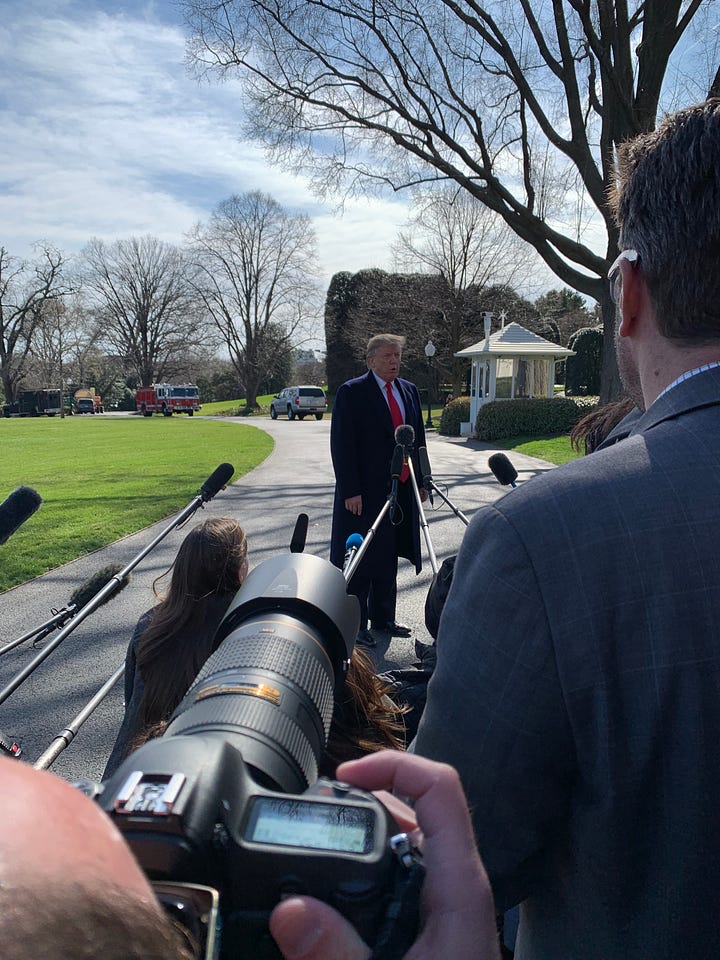Death of the Trump Scoop
An 'act-of-God' Signal scoop and an Epstein omertà: proof the Trump White House doesn’t leak anymore.


Welcome back to The Red Letter.
A few weeks ago in Washington, over lunches, dinners, and too many drinks, as I tried to get a feel for how the epicenter of power has shifted, one theme kept surfacing: the death of the Trump scoop.
In 2016, when I first landed on the White House beat for POLITICO, I was part of a scrappy crew of reporters, the farm team f…



